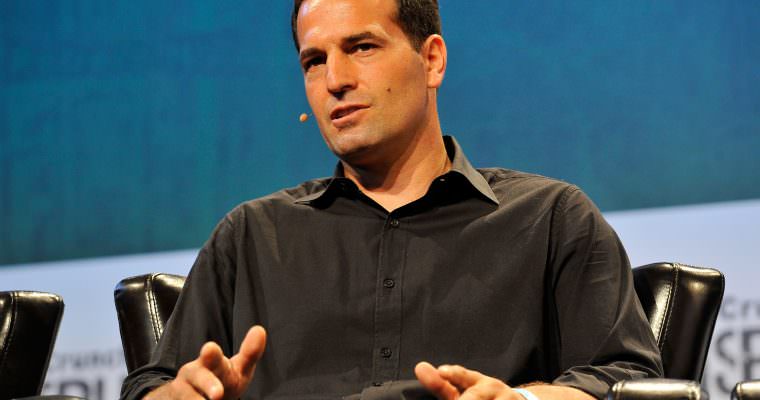
Crypto is a robust intellectual experiment that could fail, but it probably won’t. That’s the assessment of Argentine tech entrepreneur Wences Casares, the founder of Xapo, a bitcoin wallet provider based in Palo Alto, California.
“We are living through a really interesting intellectual experiment,” Casares told Bloomberg TV (video below). “And it’s going on right in front of our noses. It may work, it may not work. In either case it’s interesting that it’s happening right now, so it’s worthwhile paying attention.”
Casares has been nicknamed bitcoin’s “Patient Zero” for his role in boosting crypto’s profile in Silicon Valley, where Xapo is based.
Xapo, which claims to be the world’s most secure bitcoin wallet, stores about $10 billion in BTC in underground vaults across five continents.
Xapo is backed by LinkedIn co-founder Reid Hoffman and former Goldman Sachs investment banker Mike Novogratz. Both Hoffman and Novograt are cryptocurrency evangelists.
It Could Take Years For Crypto To Succeed
In recent years, Casares has persuaded his fellow Silicon Valley millionaires and billionaires to buy bitcoin by convincing them that crypto is the currency of the future. This is a sentiment echoed by Twitter billionaire Jack Dorsey, as CCN has reported.
When asked how he could speak so flippantly about an industry he works in, Casares said it’s irresponsible to not be brutally honest.
“I think it’s irresponsible to not acknowledge that it could not work,” he said. “The chances of this experiment not working are non-trivial. I think it’s important for people like myself to let people know that.”
We’re living in an intellectual experiment when it comes to cryptocurrency and blockchain, says Capo CEO Wences Casares https://t.co/gn7fCFkG8f pic.twitter.com/rtCKeQPsU8
— Bloomberg TV (@BloombergTV) October 29, 2018
Casares, a serial entrepreneur who’s on the board of PayPal, said crypto is an incredibly robust technological experiment, but it could still fail because technology is made by humans, and humans are fallible.
That said, he believes crypto is more likely to succeed than fail because digital currencies and blockchain are unique and cutting-edge.
“We could find something in 10 years that renders the system worthless,” Casares said. “It’s more likely that will not happen. At this point, the chances of success are better than the chances of failure.”
Crypto Is Where The Internet Was In 1992
Casares says cryptocurrencies today are where the Internet was in 1992 — at its beginning stages. Casares says it could take seven years (or 10 or 20) to know if bitcoin will be successful.
“A world in which bitcoin is successful is a world in which bitcoin has become two things: It’s a global nonpolitical standard of value, and it’s a global nonpolitical standard of settlement,” he said.
“Just like we have a nonpolitical standard of weight, we need a nonpolitical standard of value.”

Casares says one revolutionary thing about blockchain is that it’s decentralized and “sovereign.”
“For the first time, we have a computer system that is autonomous and answers to no one,” he said. “It answers to its own rules. It’s uncensorable.”
In January 2018, Wences Casares predicted that if the crypto experiment succeeds, the price of one bitcoin could top $1 million.
Featured image from Flickr/TechCrunch.
Follow us on Telegram or subscribe to our newsletter here.
